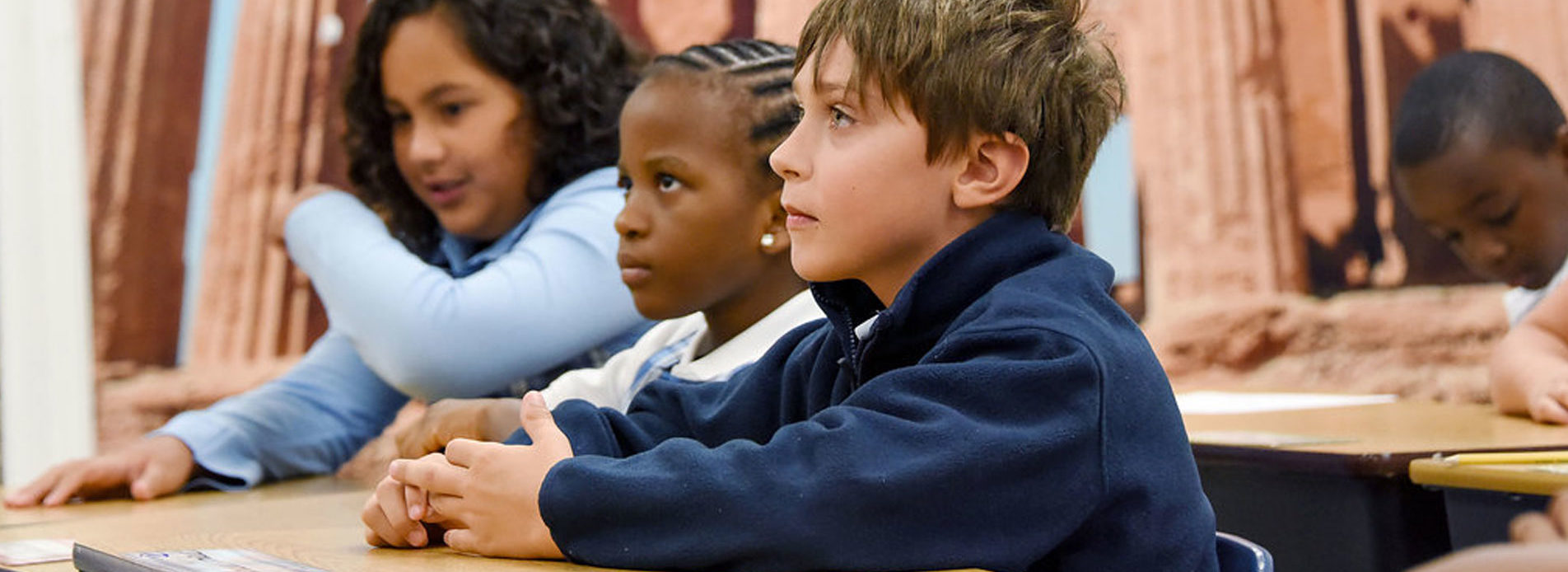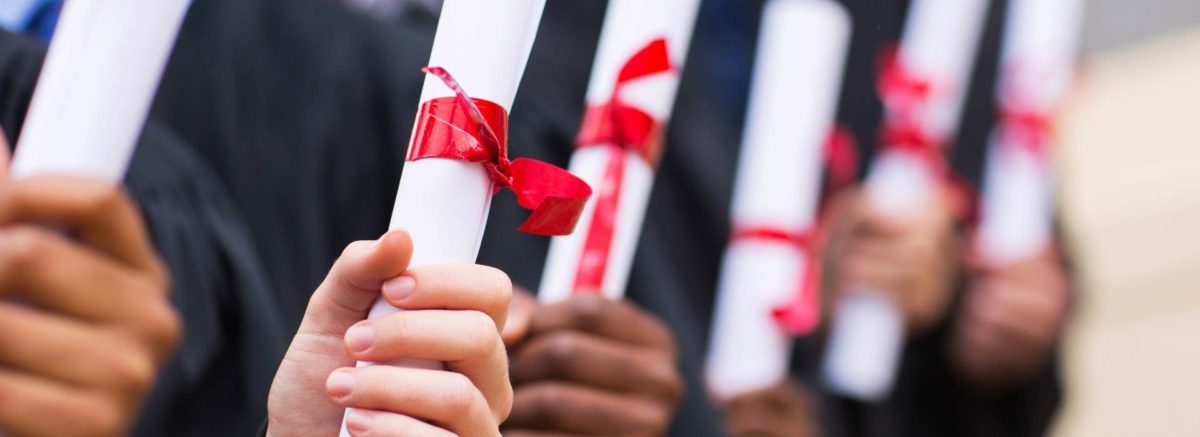Classical Schooling for the Art of Life
At Parnassus, teachers, students, and parents share an idealistic aspiration for excellence in academic standards and character development that the ancient Greeks referred to as arête. The Parnassus community values the classical Trivium approach to education and the mission and vision of the school. Parnassus distinguishes itself by focusing on a classical liberal arts education.






